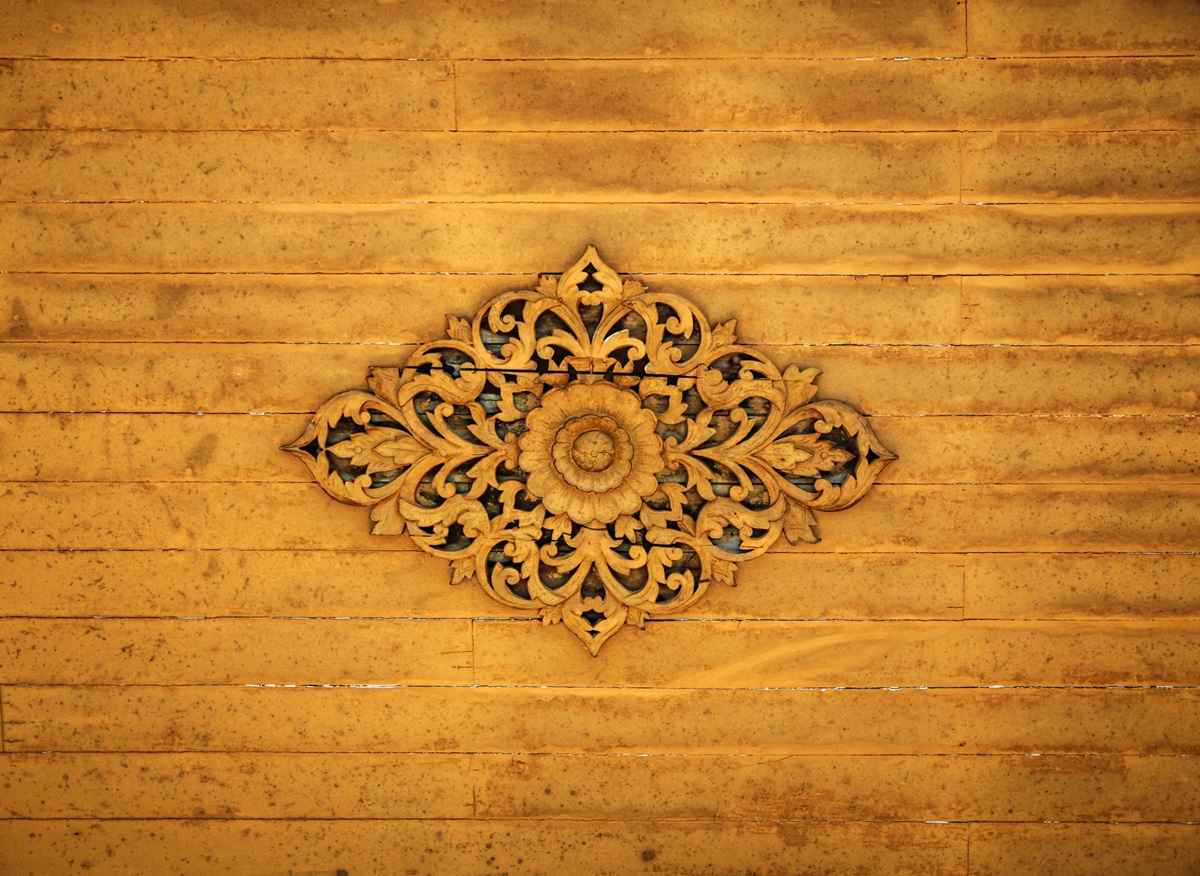Join our community
Receive the TR Together newsletters.


A Two Day Live Webinar
How can a ‘westernised’ psychoanalytic framework be used to think about the psychology of people from across the globe today? Where does psychoanalysis tap into something that might be considered ‘universal’ about the human experience, and where might it misconstrue the subjectivity of people from different cultures and societies? What does a psychoanalytic approach mean when we think about ‘power’ and ‘culture’ in the therapy room, and how do we navigate this complexity as therapists?
In this thought-provoking live webinar with Professor Salman Akhtar, we will use these questions to explore the intercultural application of psychoanalysis. We will consider both its impact and limitations across three sessions, focusing on the profession, theory and practice. Salman will draw on his wide-ranging clinical, academic, and personal insight to illuminate key ideas and help you understand the implications for practice.
Salman will speak from his experience as both a professional and an Indian-American person. These two sessions over two days offer time for integration and discussion and we look forward to a lively exchange of ideas to support clinical work with an intercultural lens.
In session 1, Salman will explore the position psychoanalysis has held regarding culture over its lifetime. Freud’s ideas about intrapsychic processes developed in a world where the predominance of a hegemonic western cultural outlook was largely taken for granted. But over the course of the 20th century, with increasing multiculturalism across the globe, this has come to be challenged. The profession is moving toward a position that is sensitive to the importance of external contextual factors on a person’s psyche, including culture, race, gender religion and language. But how far have we really travelled, and where do we go from here? We will consider a professional shift from ‘doing’ psychoanalysis on a person, regardless of their cultural background, to holding a space where differences in cultural experience and belief can emerge and be honoured.
In session 2, Salman will think about what a shift towards an intercultural perspective as a profession means for pre-existing theoretical ideas. We will ask ourselves where psychoanalytic theory might be useful to think about human experience from diverse cultural groups and consider where it has significant limitations. For example, can concepts such as ‘superego’ and ‘transference’ be applied across cultures? What about relational dynamics - does a psychoanalytic focus on the mother-infant relationship mean for a client who experienced parenting from an intergenerational group within a collectivist society? Salman will draw on clinical casework to bring key ideas to life.
In this session, Salman will explore what an intercultural perspective means for psychoanalytic technique. We will think about where, as practitioners, we might make assumptions about a person’s outlook based on our own culture, and what impact this might have on the therapeutic relationship at conscious and unconscious levels of experience. We will consider how recognising cultural subjectivity and holding an ‘openness to difference’ can enable a deeper understanding of the client’s experience. We will discuss what this looks like in a range of clinical scenarios for you to consider in practice.

Salman Akhtar, MD is Emeritus Professor of Psychiatry at Jefferson Medical College and a Training & Supervising Analyst at the Psychoanalytic Center of Philadelphia. He has over 450 publications to his credit including 108 books (41 of which are solo-authored). He has served on the editorial boards of all three major psychoanalytic journals (International Journal of Psychoanalysis, Journal of the American Psychoanalytic Association, and Psychoanalytic Quarterly). Dr. Akhtar has given Plenary Addresses at both the IPA and the APsA Meetings and has received the highly prestigious Sigourney Award for Distinguished Contributions to Psychoanalysis. He is a published poet in three languages and serves as Scholar-in -Residence at the Inter-Act Theatre Company in Philadelphia.
Standard Price: £180.00
Trainee and NHS staff: £153.00
Group Rates (for 4 or more): Contact makeritafaumui@trtogether.com for customised pricing.
Trainee discount: To qualify for this offer you need to be taking a course which provides core practitioner training in counselling or psychotherapy that is at least 1 year full time or two years part time and recognised by the BACP or UKCP. TR Together reserve the right to ask to see evidence of training being undertaken.
Alumni: If you are a TR Alumni (TRAPC member) please email anitabruz@tavistockrelationships.org for a discount code to add at checkout
Your CPD certificate will be available to download from your TR Together account within 48 hours of purchase.